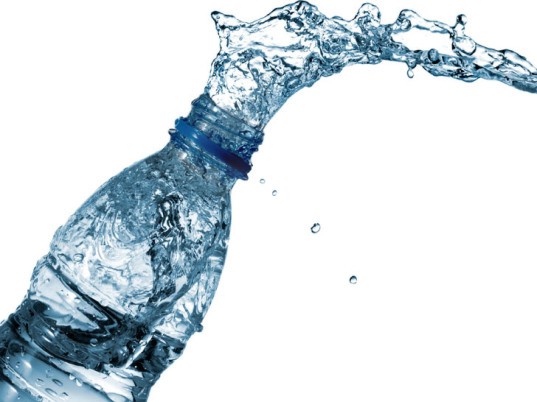During Ecomondo 2016 edition, SteamGreen! had the chance to talk with a CAP group manager, which was the exclusive supplier of the “Case dell’acqua”- in English the Water houses- during EXPO Milano 2015. These were in practice public installations dispensing free and cool still or sparkling water.
It has been a brief and interesting chat about their history of success with this service: they were already entitled of the exclusive management of the water service in the Milano area. However they began building these installations roughly 10 years ago in some urban constellations around Lombardy and rapidly gained fame among users. He explained that the service evolved with time: at first being free, and consequently dispensing water upon a small, fixed payment per litre of water (usually higher for the sparkling variety). In this way, the city administrations are able to cover the running costs of the casa dell’acqua (such as maintenance or electricity). However, he also noticed that the overall costs has notably decreased with time: solar panels are usually featured and moreover an average casa dell’acqua costs 5000-1000 euros.
The most uncomfortable and expensive toll is the payment due to installation (usually 5000 Euros) in order to adjust the structure to the hydro system in the new point: in fact these case dell’acqua are easily transferrable.
The greatest heritage from these is the didactic message given to citizens: public water is good, and safe.
So. What about bottled water?
A sick addiction
Bottled water is the most preferred among non alcoholic drinks in Europe, according to EU 2015 statistics.
And Italy is the top consumer among those countries.

However according to multiple studies, drinking tap water is safe in all western Europe (while it is not suggested in eastern countries, such as Croatia, Belarus, Slovenia or Romania). Moreover EU strictly regulates the safety and quality of its members’ water through multiple directives.
So the question is: why are we still addicted to bottles?
Indeed, it is a source of tremendous and avoidable pollution and waste.
PET bottles are made out of virgin petroleum and a huge amount of water is used just to create those: 72 billion gallons of water a year, worldwide (Oregon State University). It is like saying: for every litre you buy, three were used to bring it to you as it is.
Moreover just the 20% of these bottles are effectively recycled the rest goes to landfills or dispersed into the environment. And it takes approximately 1000 years for these bottles to biodegrade.
Buying bottled water is political act.
Think about it: 1 out of 8 people does not have access to water in the world, according to thewaterproject.org and you are in the meantime paying for a privatised public good; bottled water companies gain high profits by drawing water from public water sources, putting it in plastic containers, and reselling it at 2,900 times the price of regular tap. Indeed, according to NRDC 25% of bottled water are actually coming from the municipal service.
Furthermore, there is also a health concern.
Not only, there is a potential risk – although being small- that the plastic bottles may unleash some chemical components onto the water: phthalates were found in some American brands, it is addictive used to make plastic softer. An you should also beware of the use you make of these bottles: if they heat up they are incrementing the potential release of chemicals embedded in the container.
Take action!
Given the situation, some cities and regions in the world hae taken action.
in Austrialia, precisely in Bundanoon bottled water is banned from sale ever since 2009. Moreover some American cities , such as Chicago, have raised a tax of 5 cents on each bottle.
In Italy, you can take action too: choose to drink tap water, or from one of the case dell’acqua available on the territory. A map is available here: https://www.google.com/maps/d/viewer?mid=1pvXttPsbQEXa2I6WN8oCL_3Jr5s&hl=en_US&ll=42.186223311646245%2C12.654811999999993&z=5.



